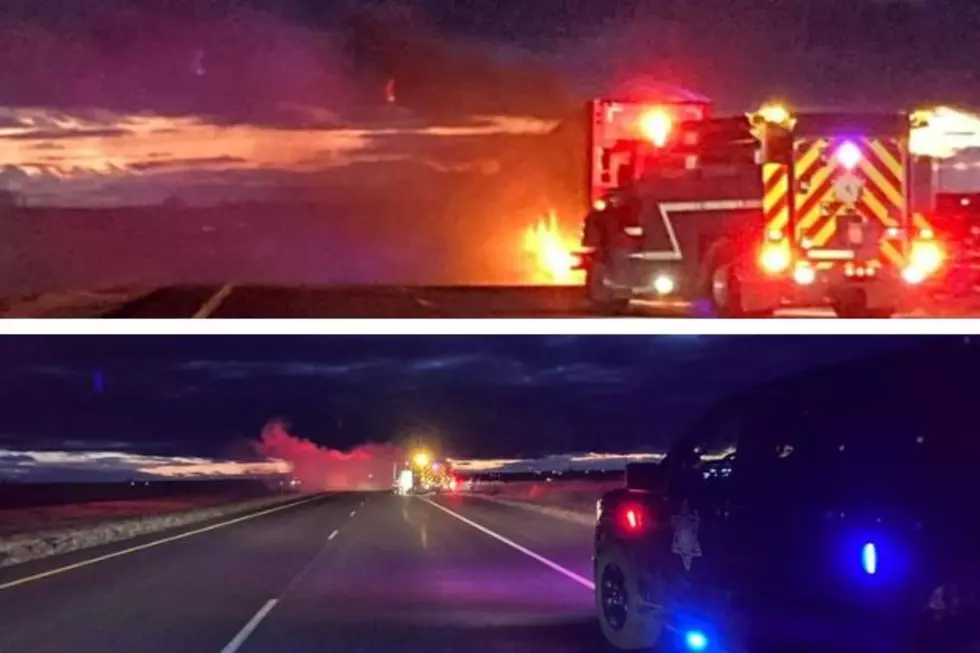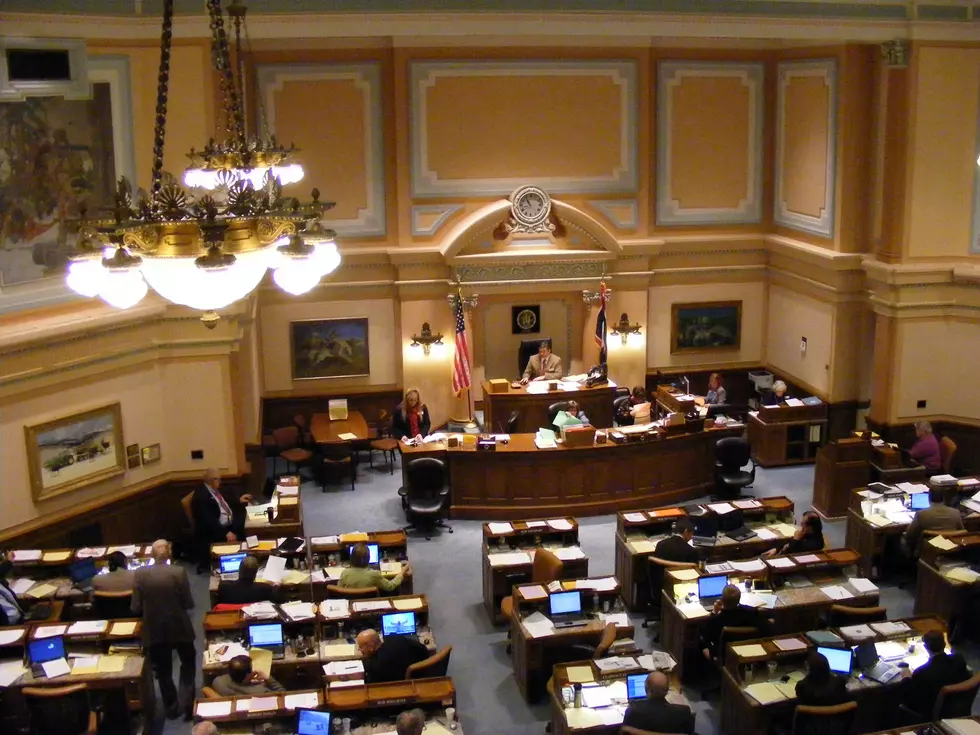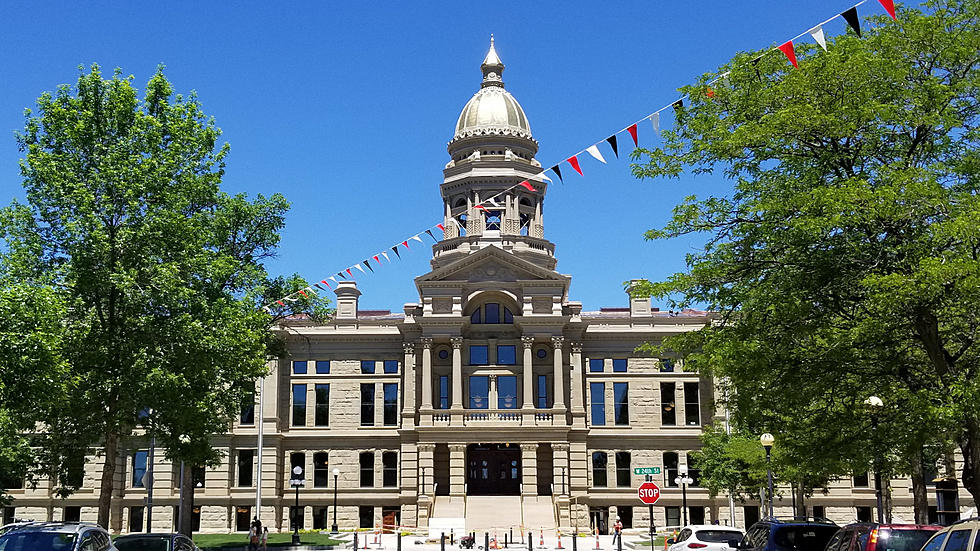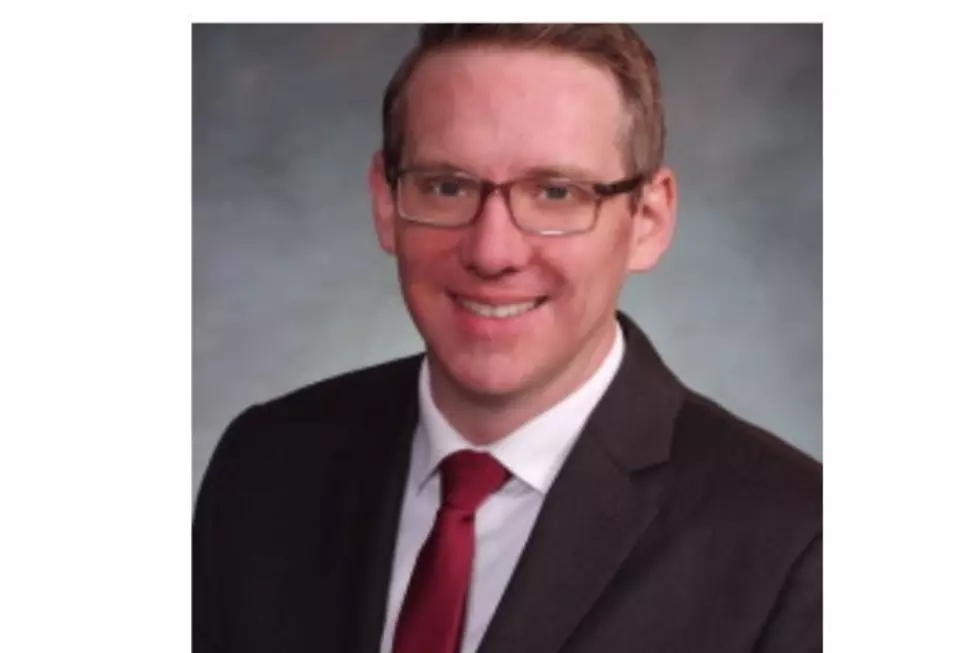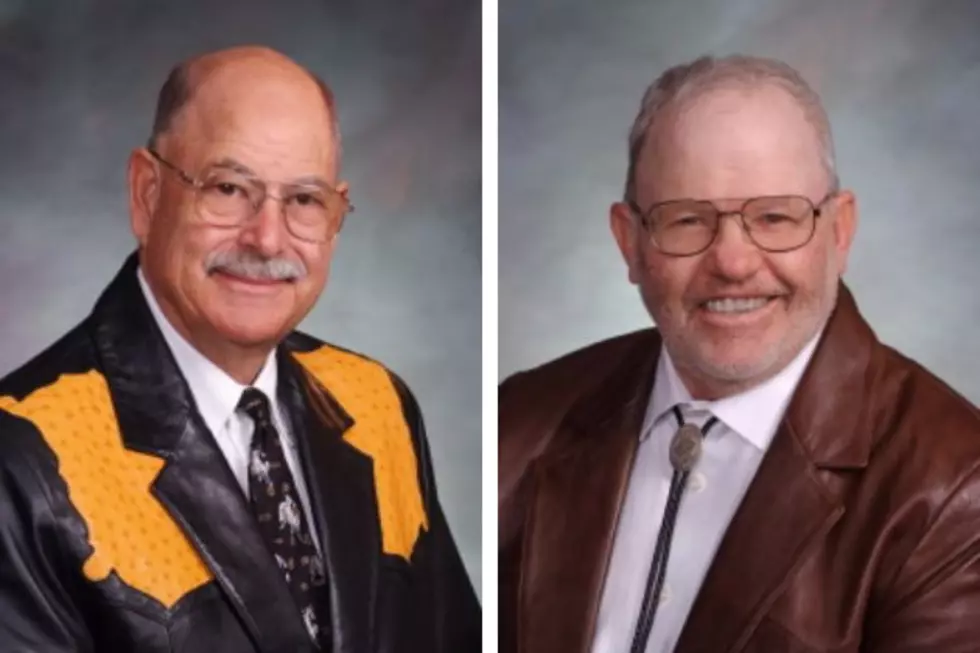
Wyoming I-80 Toll Road Authority Bill Tabled For Now
A bill that could eventually lead to Interstate 80 in Wyoming becoming a toll road has been tabled for now by a Wyoming legislative committee.
But it doesn't sound like the idea behind the bill is dead, judging from comments made by the committee chair at the end of the hearing. In fact, it could be revisited during a special session of the legislature that is widely expected to be called later this year.
Senate File 73 would not directly impose a toll road on the stretch of I-80 that winds across southern Wyoming. But it would give the state authority to create a tolling system if the federal government approves the idea.
The bill has already passed the Wyoming Senate on a 16-13 vote.

In a hearing on Tuesday afternoon on the Wyoming House Transportation, Highways, and Military Affairs Committee, Committee Chair Rep. Don Burkhart [R-Carbon County] took the somewhat unusual step of asking for a "straw poll" at the start of the meeting of those who support the bill.
Only two members of the nine-member committee raised their hands.
In his testimony, the bill's primary sponsor, Rep. Cale Case [R-Fremont County] told the committee ''From a revenue standpoint, we don't have much to hang our hats on." Case said that while he has been voting for budget cuts in the Wyoming Senate "I'm also voting for revenue measures. I haven't seen any yet." He went on to say ''This tolling bill is a tool in that." He said the bill could "potentially solve our revenue problems with Interstate 80, and free up a lot of money that could be spent elsewhere."
He urged committee members to 'think big," adding "it's a mountain of money, depending on how the tolls are set." Case told the committee that using a 'very modest' tolling rate of $10.00 per passenger car and $100.00 for commercial trucks, toll road could raise $170 million per year.
Federal rules would require that money be spent on Interstate 80. The federal guidelines also would prohibit only imposing the fees on out-of-state motorists, so Wyoming vehicles could not be exempt from the tolls.
But Case told the committee one idea to ease the toll burden on Wyoming motorists would be to create a minimum distance under which the tolls would not be imposed.
The committee ended up tabling the bill on a voice vote. But Burkhart told Case to "hang with this committee. We are going to look at this in the interim, and potentially before the special session." He added, "I think it's something we need to look at."
The Hottest and Coldest Days in Wyoming
More From KGAB

